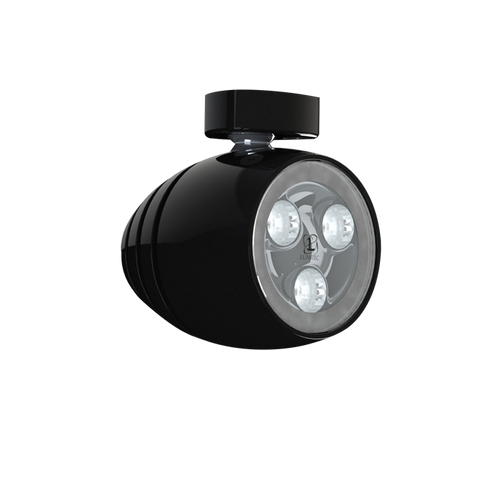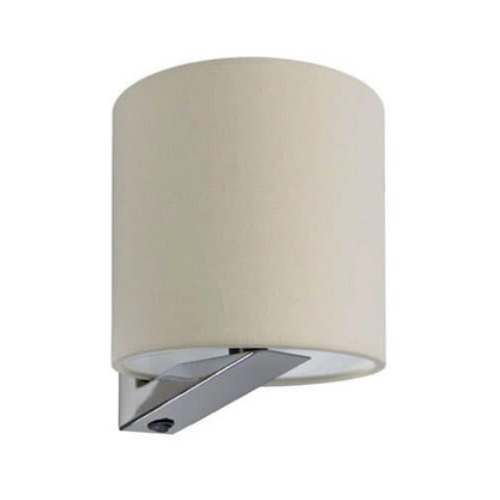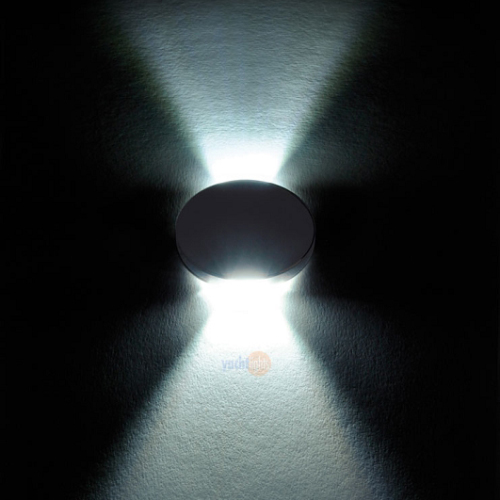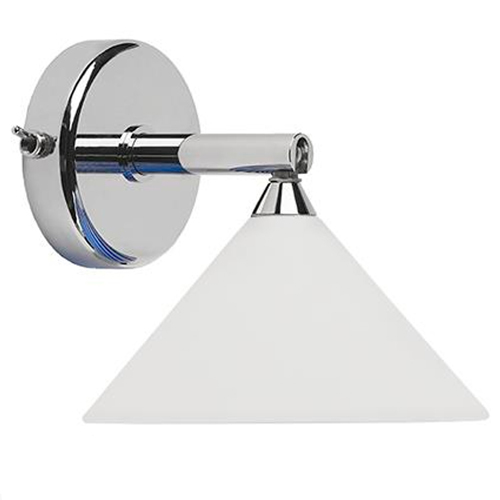Light Distribution
noun
Definition of Light Distribution
Light distribution refers to the way that light spreads across a given area. It is a defining characteristic of LED lights, boat lights, and other lighting fixtures since it affects their overall effectiveness and efficiency.
Proper light distribution ensures that light is evenly dispersed, thus reducing hotspots and shadows. This provides a more uniform and comfortable level of illumination.
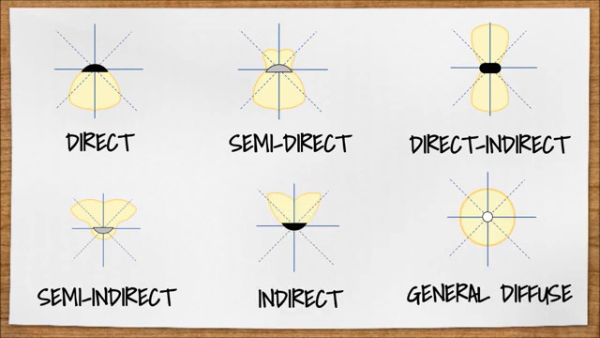
There are six types of light distribution, which are compared in the table below alongside their appropriate application and light fixtures that exemplify them.
| Type Of Light Distribution | Description | Light Fixture | Application |
| General Diffuse | Distributes equal amounts of light around the fixture | ||
| Indirect | 90–100 percent of the light directed upward |
|
|
| Semi-direct | 60–90 percent of the light directed downward and the rest upward |
|
|
| Direct-indirect | 50 percent of the light is directed upward and the other half downward |
|
|
| Semi-indirect | 60–90 percent of the light directed upward and the rest downward |
|
|
| Direct | 90–100 percent of the light directed downward |
|
Light distribution is determined by several factors:
- Type of light fixtures: Different fixtures have different beam angles and shapes of light output, which affects how far and wide light can reach.
- Placement of light fixtures: The height, distance, and angle at which the fixture is placed can impact the direction and coverage of light.
- Angle of light output: Narrow angles provide a more focused beam, while wider angles offer more coverage.
- Reflective surfaces: The color and texture of walls, ceilings, and floors can affect how light is reflected and absorbed, which can alter the overall light distribution in a space. Lighter colors reflect more light, while darker colors absorb light.
Understanding light distribution and its impact on lighting systems is essential for selecting the appropriate fixtures, positioning them correctly, and achieving the desired level of illumination in any given space.
Example of Light Distribution in a Sentence
"The light distribution of a boat's interior can be improved by strategically placing fixtures and using reflective surfaces to maximize the spread of light."
Related Terms for Light Distribution

